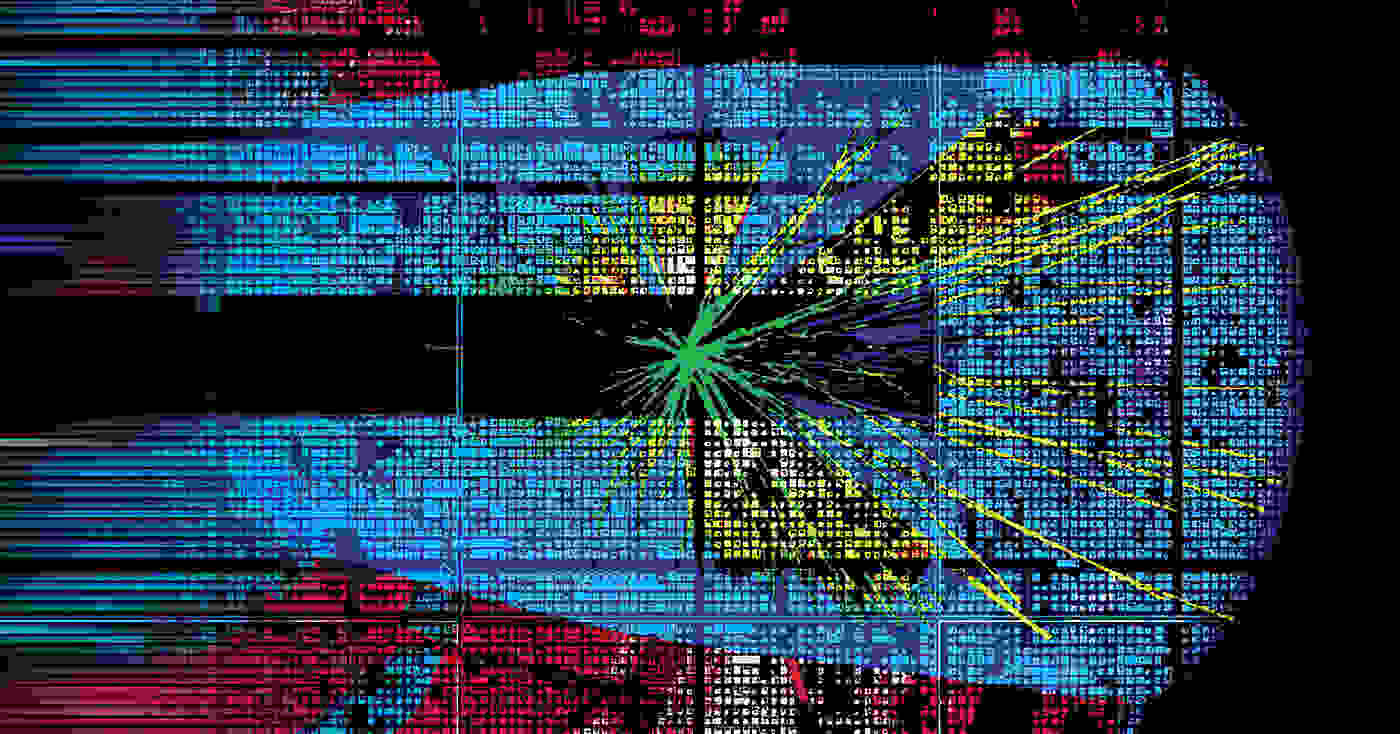THE LATEST
AI helps physicists search for new particles at the frontier of particle physics

Physicists at the ATLAS and CMS collaborations are using advanced machine-learning techniques to explore undiscovered particles and potentially make breakthroughs in fundamental physics. They are searching for new particles at the Large Hadron Collider (LHC) through the use of artificial intelligence (AI) algorithms to analyze complex collision data. By training AI algorithms to identify and differentiate between known and unknown particle signatures, researchers have made significant progress in the detection of anomalous features that may indicate the presence of previously unknown particles.
The CMS team's use of diverse machine learning methods has demonstrated the potential for AI algorithms to enhance the sensitivity of particle signature detection compared to traditional techniques. Dr. Oz Amram from the CMS analysis team highlighted the future potential for further improvements in the algorithms and their application across various data scopes, as collaboration between AI and particle physics continues to break new ground.
The integration of AI and particle physics not only advances the search for new particles but also has the potential to reshape the field of physics exploration. This collaboration between AI and fundamental physics has the potential to shed light on unexplored areas of the universe, transforming our understanding of the cosmos and showcasing the powerful synergy between innovative technology and scientific discovery.
